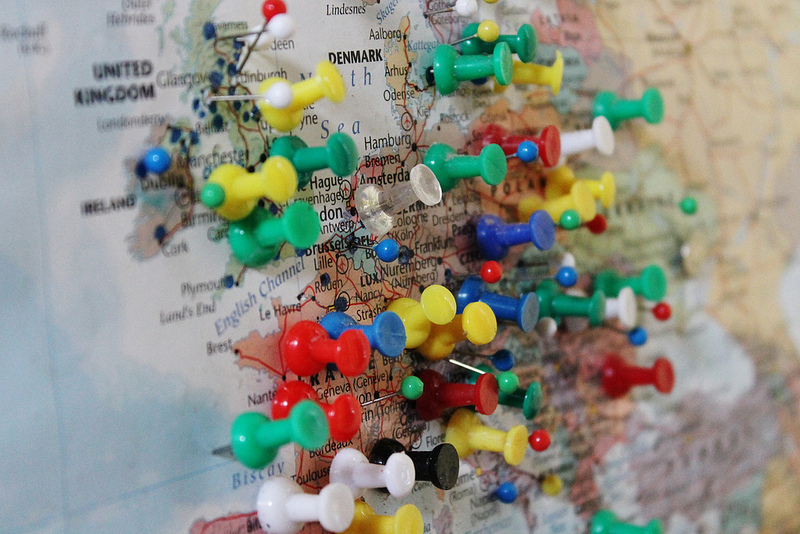Planning a trip to Europe? It doesn’t matter how you’re going to explore the Old World—on your own or with a guide—these tips will help you have a memorable trip and save some money in the process.
1) Read about your destination
This may seem obvious, but start your trip before you go by learning about the culture and customs of the country you’re about to visit. And, when it comes to non-verbal communication, remember that sometimes even the most popular gestures have a completely different meaning in a different part of the world.
2) Stock up on local currency
It’s often better to secure local currency in your country of origin. This will save you conversion and potential cash machine fees. However, if you prefer to pay with plastic, be sure to use a credit card that does not charge foreign conversion fee. At a minimum, you should always have some cash with you for convenience and emergencies.
3) Bring medicines from home
One of the main packing tips for traveling to Europe is to take a traveler’s first aid kit with you. In Europe, buying pills without a prescription is almost impossible, even if you know how to treat yourself.
4) Learn the language
Even if you know English and travel to Germany, for example, it’s still better to learn at least ten most common words and phrases. The locals will be pleasantly surprised, and you’ll learn something new. The main thing is not to be afraid of making a mistake.
5) Surf on a couch
If you’re traveling on a tight budget, couchsurfing allows you to stay in someone’s home for free. And for those of us with an extreme sense of adventure, couchsurfing provides the opportunity for you meet new people and have an insiders vidw of a city or destination you otherwise wouldn’t see.
6) Hostel instead of hotel
Less than the cost of a hotel, hostels provide a more structured reservation system than couchsurfing. Benefits of staying at a hostel is meeting other travelers, accessing the Internet, and have a cup of coffee. Usually, hostels are friendly establishments where you’ll certainly find help from like-minded people and staff.
7) Read hotel reviews
If couchsurfing and hotels aren’t your thing and you prefer to stay in a traditional hotel, remember to look for local discounts and, most importantly, read other tourists’ reviews across several different reservation sites and booking engines. Oftentimes, the patron reviews include tips for local tours, restaurants, or which rooms may offer the best lodging experience.
8) Try long distance carpooling
Want to reduce the amount of exhaust gases in the atmosphere and save some money at the same time? Dozens of long distance carpooling sites will help you find fellow travelers and nearly every country has at least one option. The basic principle of this way to travel is that you then help cover a portion of the cost of a trip and end up in your destination for a portion of the overall transportation cost.
9) Use low-cost airlines for country-to-country travel
Across Europe, low-cost regional airlines that offer transportation without the extra services. The most commonly known airline is Ryanair; be sure to read all the information on the respective airlines websites so you are familiar with what you get (or not) for less.
10) Try dining outside of city centers
For a regional and cultural dining experience with a less expensive bill, try dining in restaurants and cafes away from a city’s main museums and attractions. Typically restaurants in more popular district charge two to three times more per item than in places located off the beaten path.
Photo Credit: https://www.flickr.com/photos/glasgowamateur/

